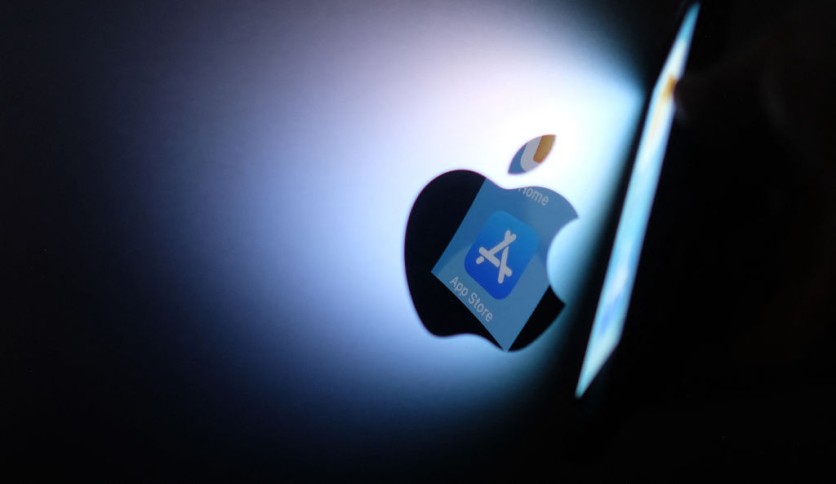Apple announced significant pricing increases for its apps and in-app purchases from Europe to Asia in order to maintain its profits as major currencies fall in value relative to the US dollar, according to a report by Bloomberg.

Affected Countries
Prices will increase starting on October 5 for customers in countries that use the euro as well as those in Vietnam, Japan, South Korea, Malaysia, Egypt, Sweden, Chile, and Pakistan. The tech giant revealed this information through its message to developers.
Apple said that the price hike in Vietnam also reflects new local tax collection procedures without further explaining why it is boosting pricing in other countries.
According to Bloomberg, the strong dollar could be a major factor in this move. The report states that prices in Japan are growing by over 30%, which is a huge increase after the yen's sharp depreciation this year.
To reflect the ongoing currency disparity, Apple raised prices early this summer across its Mac, iPhone, and iPad product lines. Similar events have happened to the euro, which is currently trading at close parity with the US dollar.
An independent study mentioned by Bloomberg revealed that app developers have already increased pricing over the past year. According to consulting firm Apptopia, the average cost of in-app purchases increased by 40% in July compared to the same month in 2021.
Maintaining Service Costs
The company claims that with the App Store's new framework, developers would be able to maintain their subscription services' current costs.
Bloomberg noted that the Cupertino, California-based business relies heavily on the App Store as a source of income. Apple, whose iPhone 14 went on sale this month in all countries, revealed services revenue in the June quarter that barely missed projections.
Analysts were surprised that the corporation didn't raise prices for the iPhone 14 because they had assumed that inflationary pressure would compel them to do so.
Even Apple's newest processor, the A16, is not supported by the $799 entry-level standard iPhone. Instead, it uses the A15 chip from the previous year, with the A16 used in Pro variants.
CEO Tim Cook recognized that the business was experiencing some slowdown and a sluggish economy in an interview with Bloomberg Television's Emily Chang, but he predicted that revenue would bounce up in the fourth quarter with the introduction of iPhone 14 and new Apple products.
Related Article : Apple's iOS 16 Showcases Latest Features, But Not All iPhone 14 Models Are Eligible for the Upgrade
This article is owned by Tech Times
Written by Joaquin Victor Tacla
![Apple Watch Series 10 [GPS 42mm]](https://d.techtimes.com/en/full/453899/apple-watch-series-10-gps-42mm.jpg?w=184&h=103&f=9fb3c2ea2db928c663d1d2eadbcb3e52)



